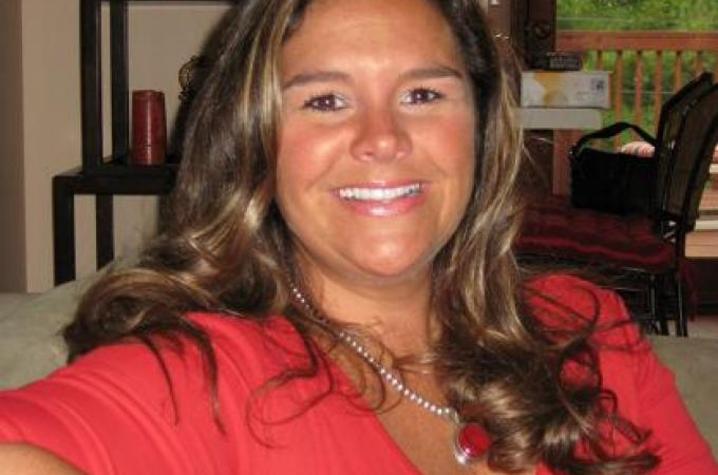Oser's Research Focuses on Helping Former Prisoners Avoid Opioids

LEXINGTON, Ky. (Jan. 11, 2017) — In recent years, much federal funding has been earmarked to help find solutions to the opioid use and overdose crisis in the nation’s rural regions. The effort has included a focus on coal-impacted Appalachian states, including Kentucky.
Rising overdose deaths and substance use disorder treatment rates in many rural communities indicate sharp increases in opioid use, resulting in high rates of opioid use disorder, injection drug use, and unmet needs for treatment services. These dramatic increases have led to high rates of opioid overdoses, as well as large increases in acute HCV (hepatitis C virus) infections and the potential for localized HIV and continued HCV transmission.
Federally funded projects work with state and local communities to develop best practice responses to opioid injection epidemics that can be implemented by public health systems in the nation’s rural communities.
Rural communities face special challenges in implementing services to prevent and control substance use and related conditions. Low population densities and limited public transportation mean that access to public health services and treatment are limited. State-level public health surveillance systems often have difficulty detecting infectious disease outbreaks in rural areas and may lack field staff experienced with health care networks in these regions.
In an effort to improve research-driven interventions that can address critical public health threats in rural Appalachia, four awards were issued late in 2016. Three of those grants were awarded to the University of Kentucky Research Foundation.
The research of Carrie Oser, associate professor of sociology and co-director of the UK College of Arts and Sciences’ Health, Society and Population Program, focuses on “Improving Outcomes After Prison for Appalachian People who Inject Opioids.” Her research aims to understand the factors and barriers related to an effective continuum of care for people who inject opioids, as they leave prison and return to their normal lives. The ultimate goal of this research is to reduce barriers to medication-assisted treatment during and after transition.
Jennifer Havens, an epidemiologist in the UK Center for Drug and Alcohol Research, partnered with Research Triangle International’s Scott Novak to study 1) if rural Appalachians know about and are willing to try new treatments and 2) examine how state-level health policies for preventive and treatment services for injection opioid use intersect with individual need and use of those services.




